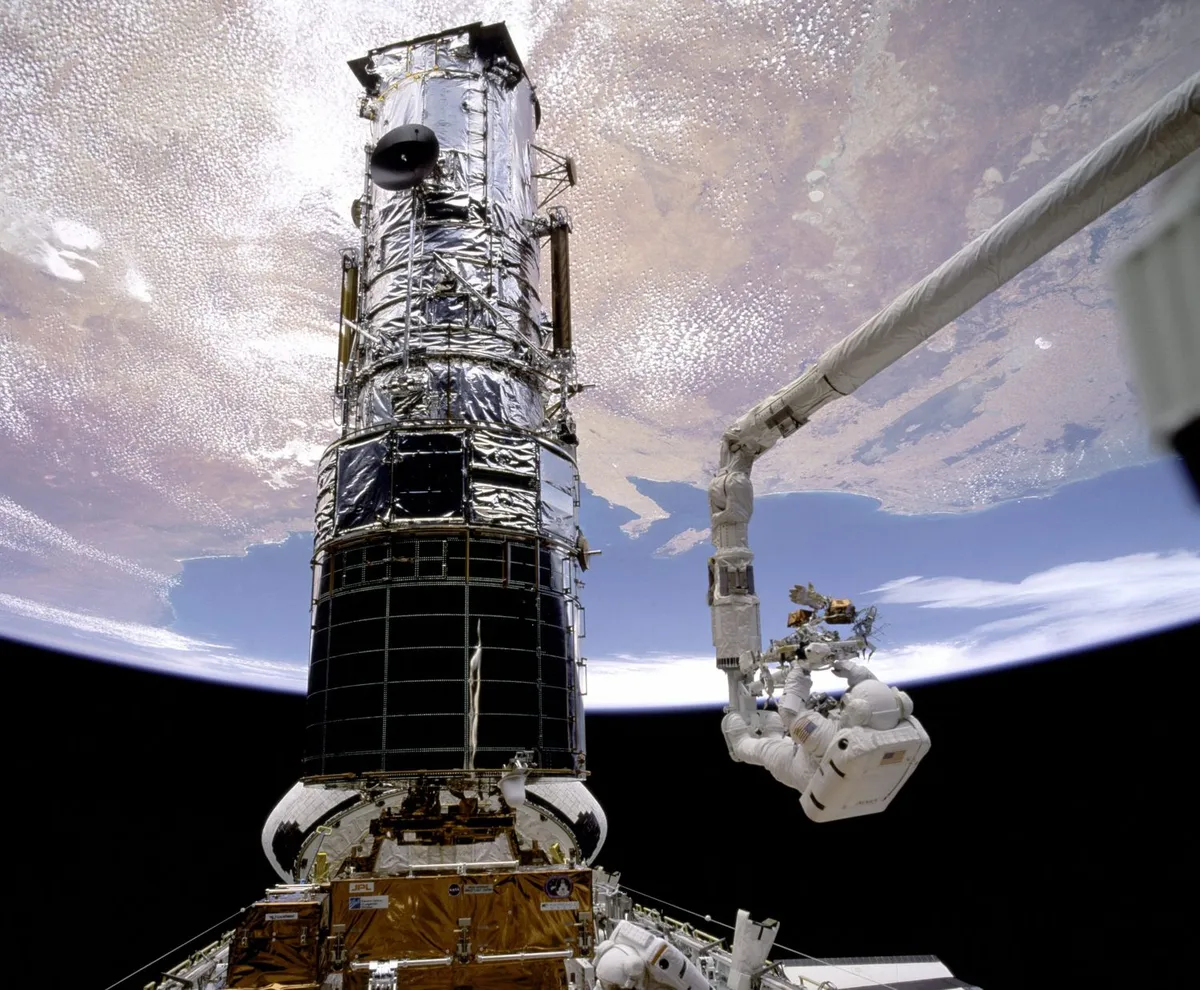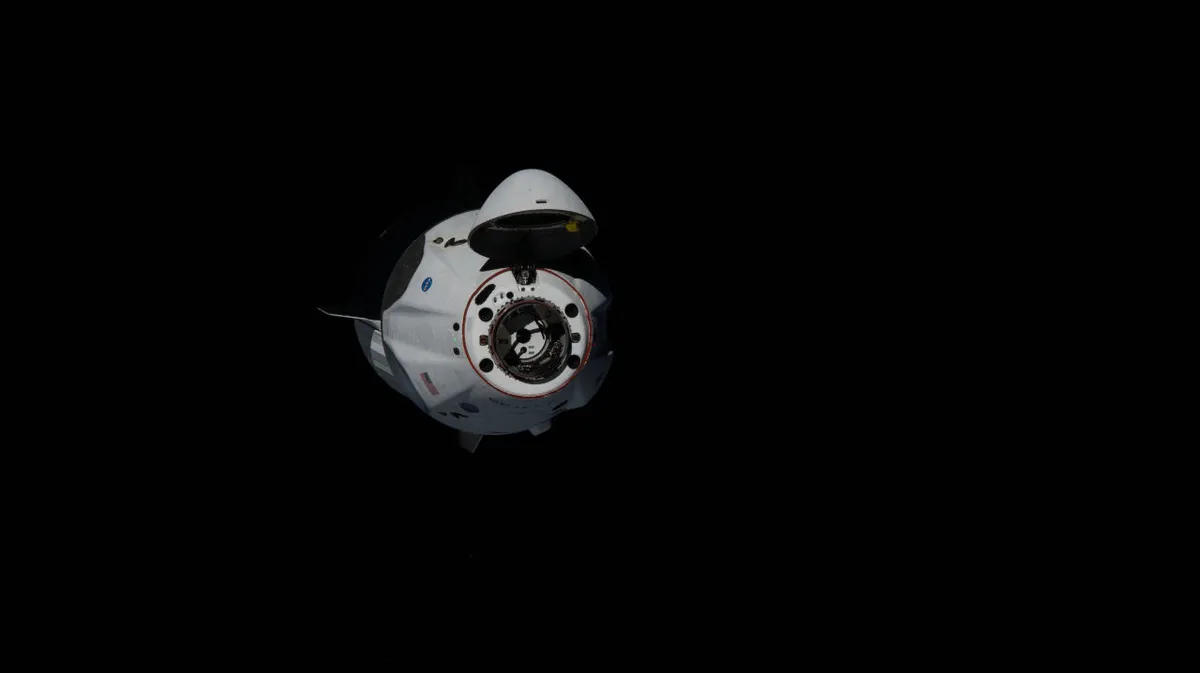NASA has said it is working with Elon Musk's private company SpaceX to study whether the Hubble Space Telescope could be boosted into a higher orbit.
SpaceX signed an unfunded Space Act Agreement on 22 September, NASA said, that will look to study whether such a move could be made possible by using SpaceX's Dragon spacecraft.
While there are no concrete plans to make such a manoeuvre a reality, NASA says the study will help understand the commercial possibilities of such an endeavour.
SpaceX has proposed the study, NASA said, to help understand the challenges of servicing missions such as this.
The news brings to mind the Hubble servicing missions carried out during the era of the Space Shuttle.

NASA has also said the study is "non-exclusive" and that it is open to similar studies from other companies using their own spacecraft.
The study could take up to 6 months and will involve the collection of technical data from the Hubble Space Telescope and SpaceX's Dragon spacecraft.
This data will then be used to calculate whether it would be feasible to rendezvous with Hubble and move it into a more stable orbit.

"This study is an exciting example of the innovative approaches NASA is exploring through private-public partnerships," says Thomas Zurbuchen, associate administrator for the Science Mission Directorate at NASA Headquarters in Washington.
"As our fleet grows, we want to explore a wide range of opportunities to support the most robust, superlative science missions possible."
The Hubble Space Telescope has been capturing data and images of the cosmos since 1990, revolutionising our understanding of the Universe.
It orbits Earth at a height of 335 miles, but this orbit is slowly decaying, so boosting the space telescope into a higher orbit could prolong its lifespan.


